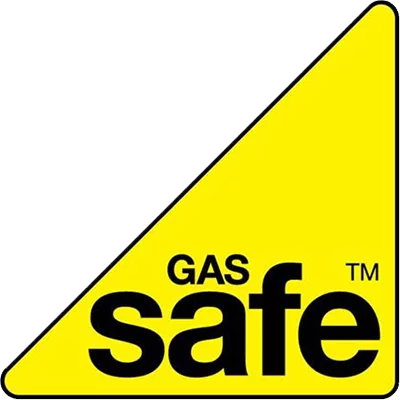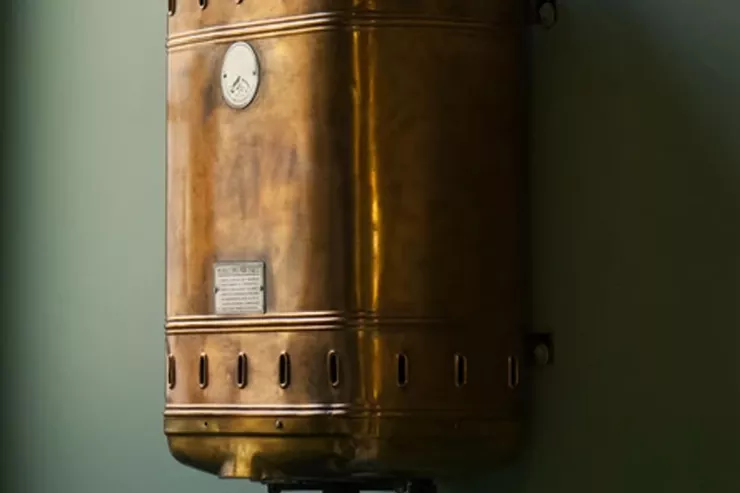Your boiler is the beating heart of your home’s heating and your most important line of defence when winter sets in. As unpalatable as it may seem, we’ve had our allocated dose of British sunshine, and now it’s time to prepare for the colder months. While we wave goodbye to the last vestiges of summer, many of us will be keeping our windows and doors shut, creeping up into the loft to check the state of our insulation and bleeding our radiators. Yet, although these are important and sensible things to check on as we approach October, they will amount to little if you don’t address the most important part of your home’s heating apparatus.
We all know that the boiler is a complicated and delicate machine and as such many of us give it a wide berth, simply entrusting it to do its job without any intervention on our part. If we’re particularly well organised we may even get it serviced once a year but we still interact with it as little as possible. Still, if we don’t know the signs of an ailing boiler, the consequences for our homes could be dire…
What happens if you don’t know the signs?
If you fail to spot the signs that your boiler may be on its way out, it could present a hazard not only to your home but to your wellbeing. Failing boilers can develop water leaks, leak potentially harmful natural gas into the home or (in some rare cases) even explode. To ensure a warm and safe home, you should check your boiler every year for signs that it may need to be replaced.
Age
If your boiler is 15 years old or over, it’s seriously recommended that you replace it. Older boilers can develop faults and cracks in the pipework which can prove disastrous to your home or at the very least impede its efficacy. Loss of water pressure caused by leaks from aged and eroded components can make your boiler expensive and inefficient, costing you more money the longer you leave it.
Pilot light burning the wrong colour
Your boiler’s pilot light should burn a healthy blue. But if the visible flame inside is instead yellow, this may signify that your boiler is on its way out. A blue flame indicates complete combustion while a yellow or red flame demonstrates that the boiler is not getting enough air for proper combustion. If left unattended this can lead to excessive soot buildup and smoke which can render your boiler unsafe.
Strange noises or smells
Strange smells emitting from your boiler can also point to improper combustion and the possibility of an internal blockage impeding the healthy blue flame you should be looking for. On the other hand, groaning, knocking or banging noises can imply that your boiler is no longer fit for purpose.
Noticeable loss of heat
Finally, and perhaps most obviously, if you’ve begun to notice that your boiler is taking longer than in previous years to heat your home or your home gets less hot with each passing year, it may be that your boiler needs to be replaced.
Get in touch now to see how we can help by repairing, servicing or replacing your ailing boiler!



